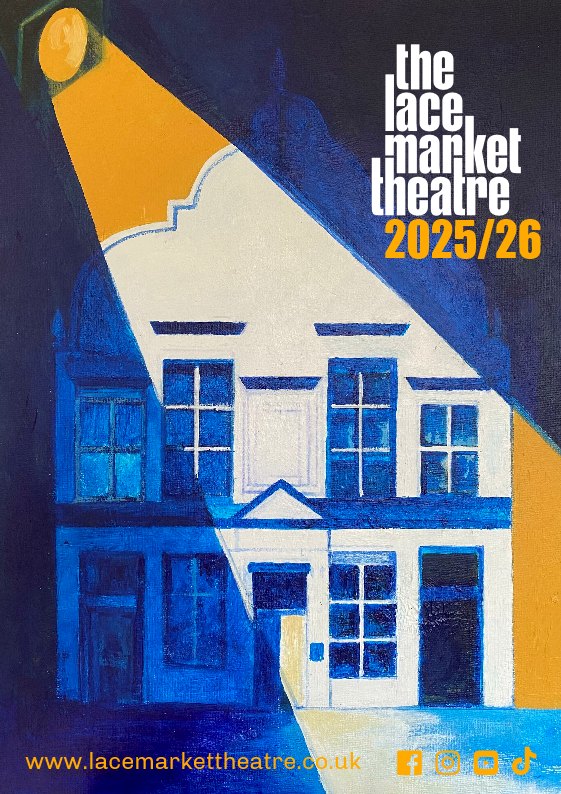
2025/26
01 Sep 2025 to 31 Jul 2026
View
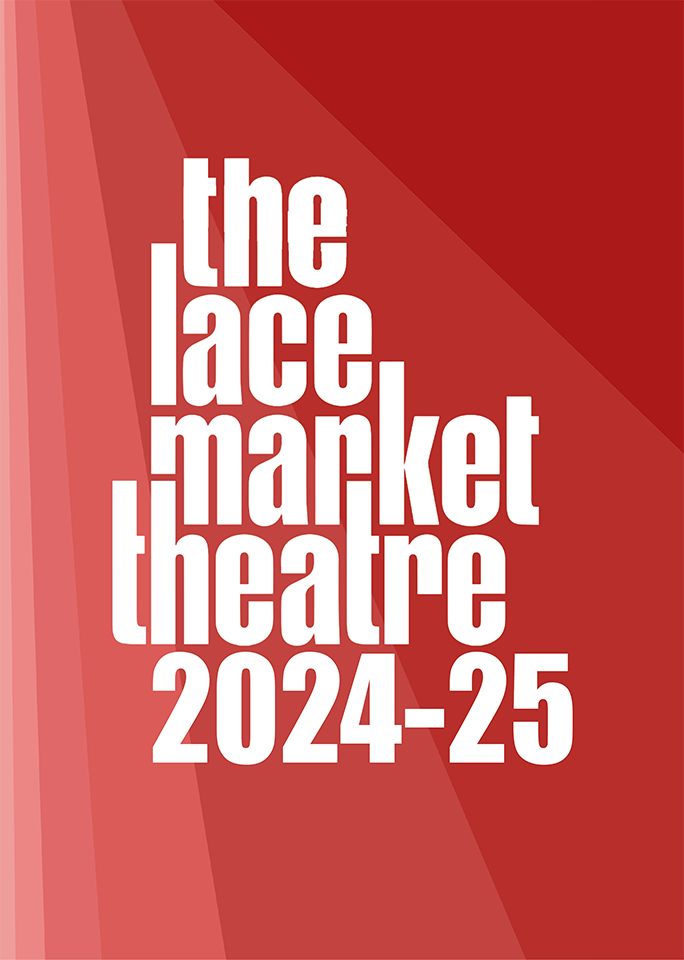
2024/25
01 Sep 2024 to 31 Jul 2025
View
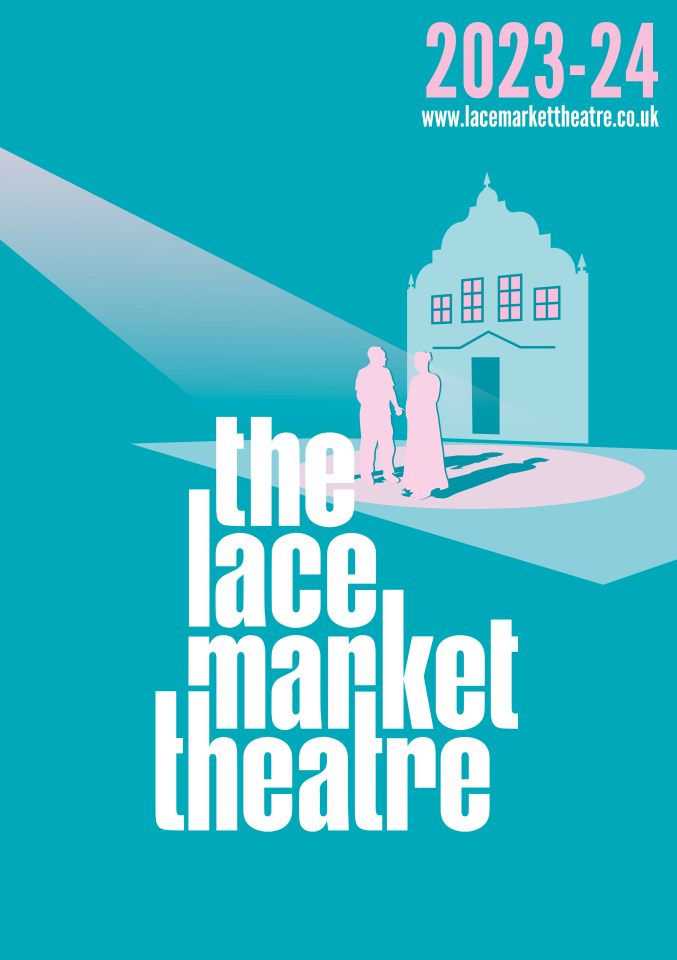
2023/24
01 Sep 2023 to 31 Jul 2024
View
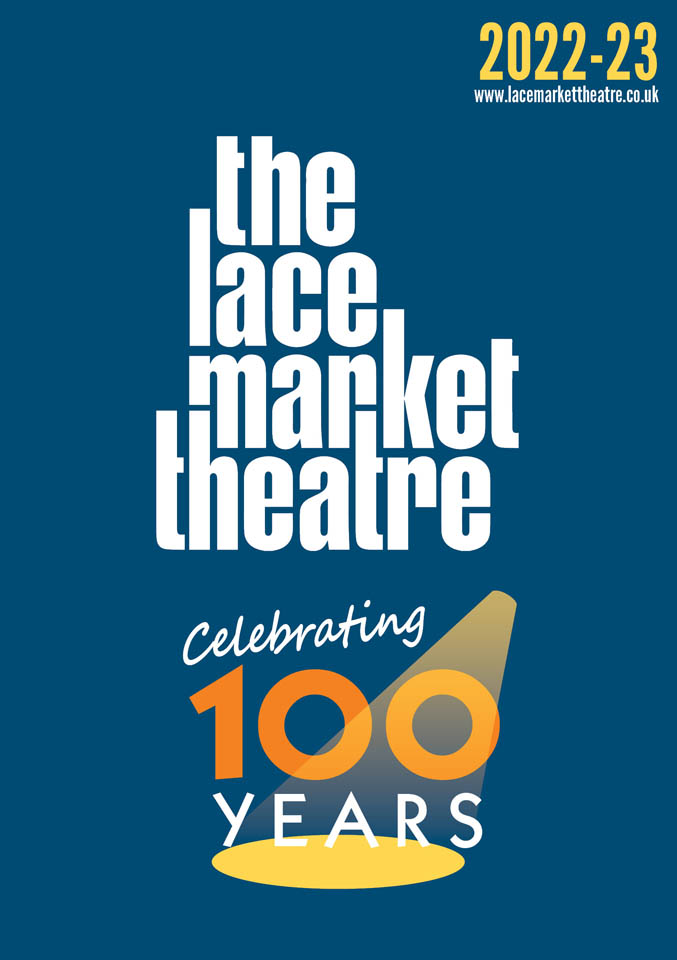
2022/23
01 Sep 2022 to 31 Jul 2023
View
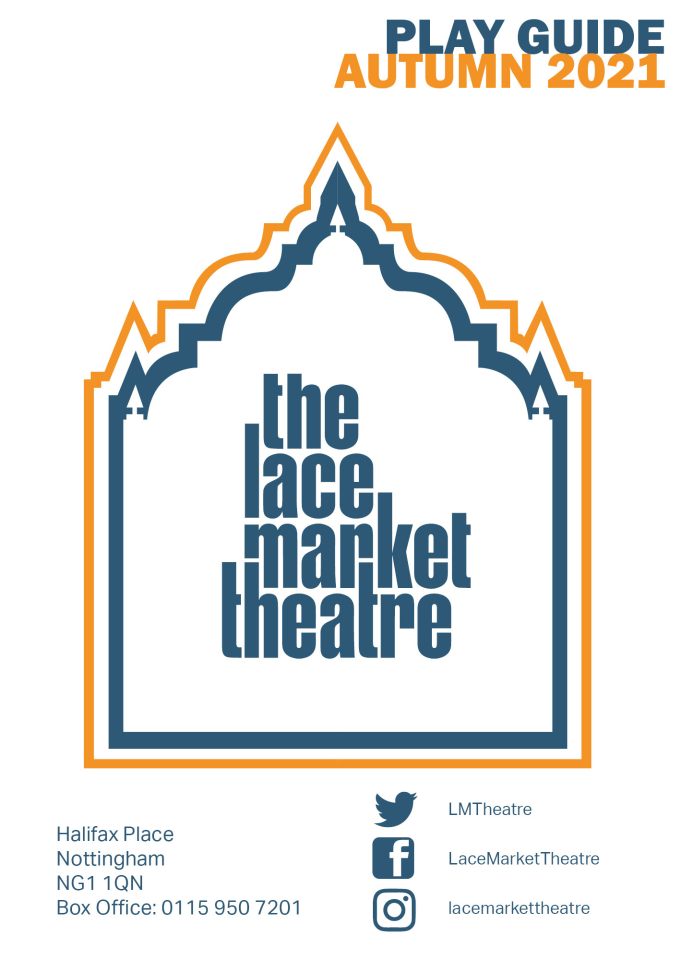
2021/22
01 Sep 2021 to 31 Jul 2022
View
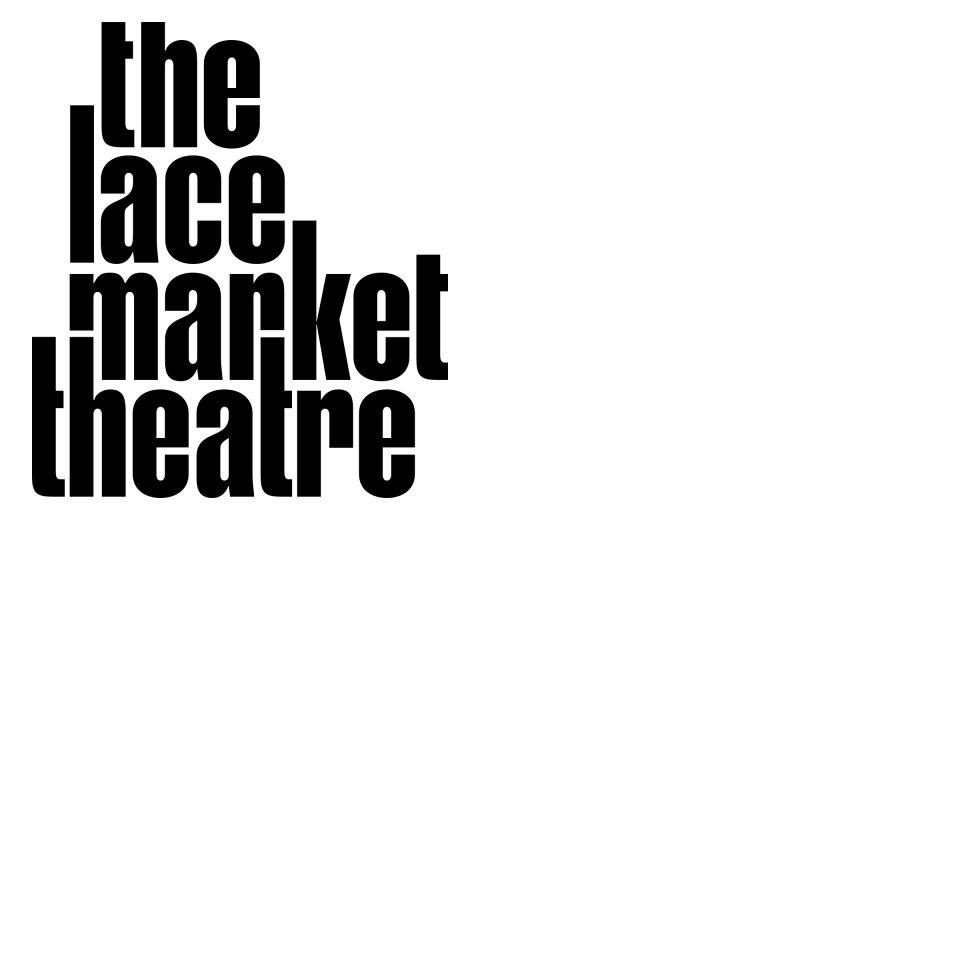
2020/21 - Lockdown
01 Sep 2020 to 31 Jul 2021
View
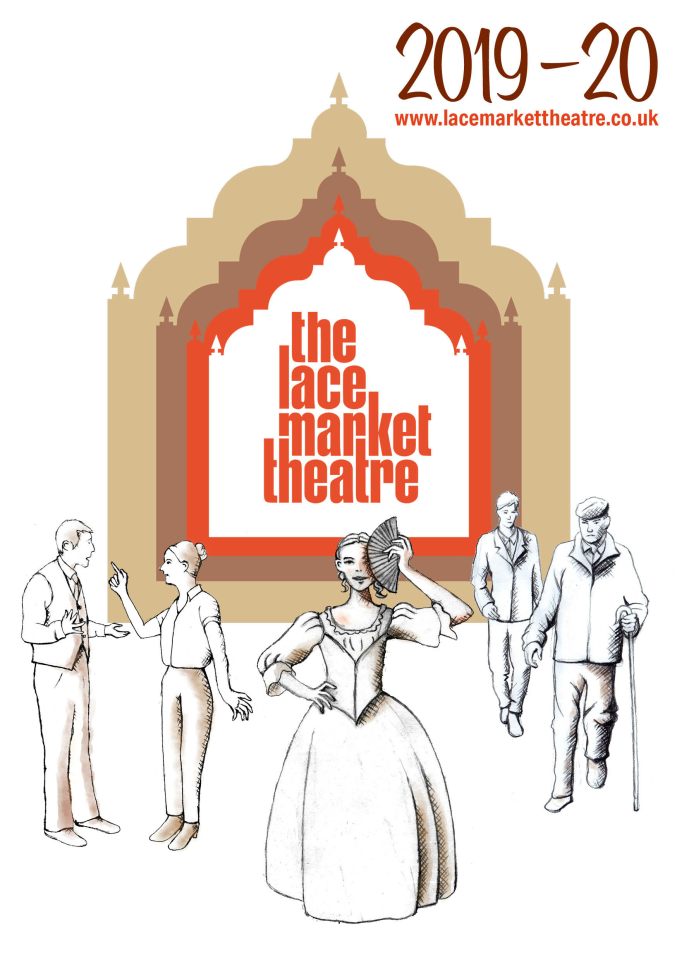
2019/20
01 Sep 2019 to 31 Jul 2020
View
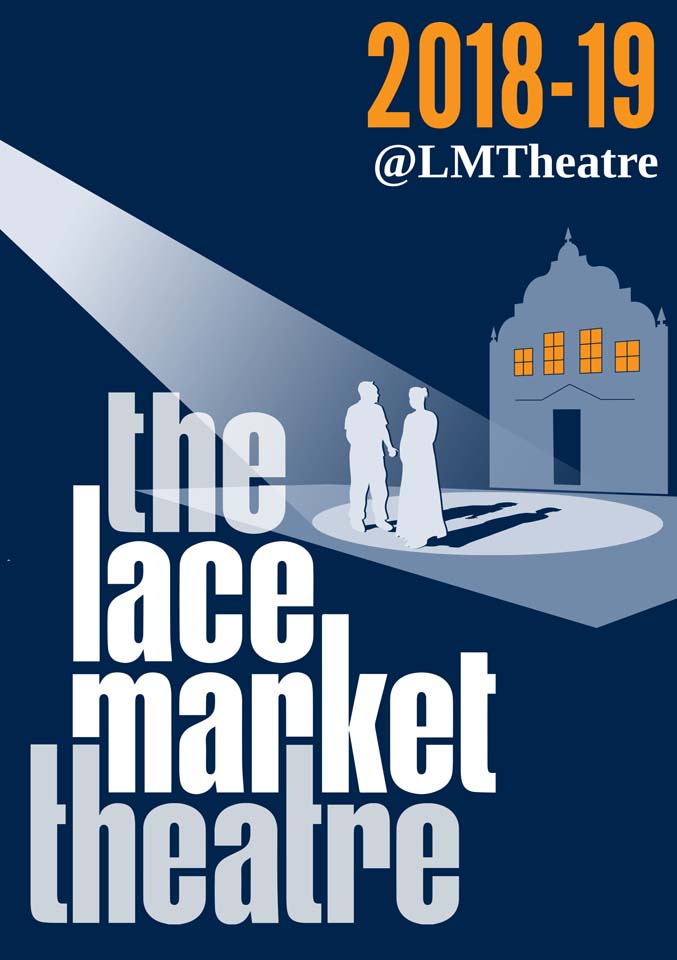
2018/19
01 Sep 2018 to 31 Jul 2019
View
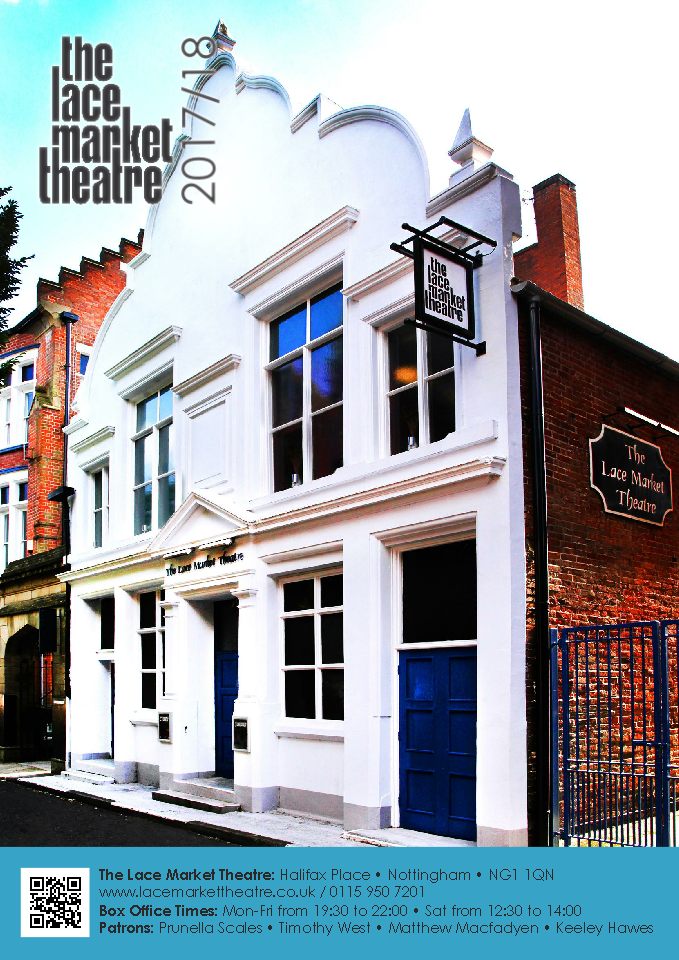
2017/18
01 Sep 2017 to 31 Jul 2018
View
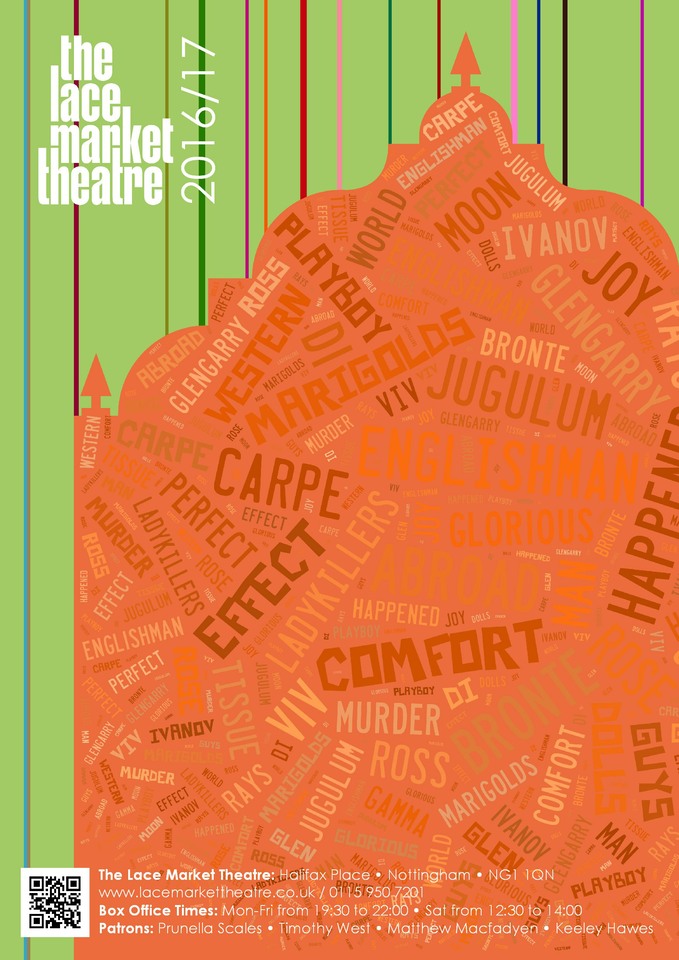
2016/17
01 Sep 2016 to 31 Jul 2017
View
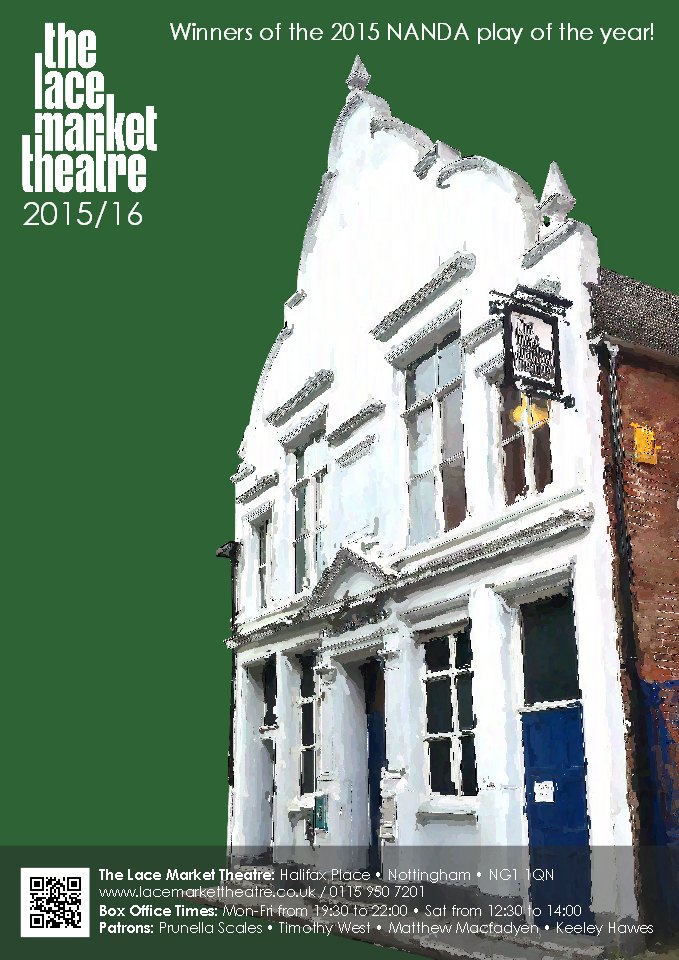
2015/16
01 Sep 2015 to 31 Jul 2016
View
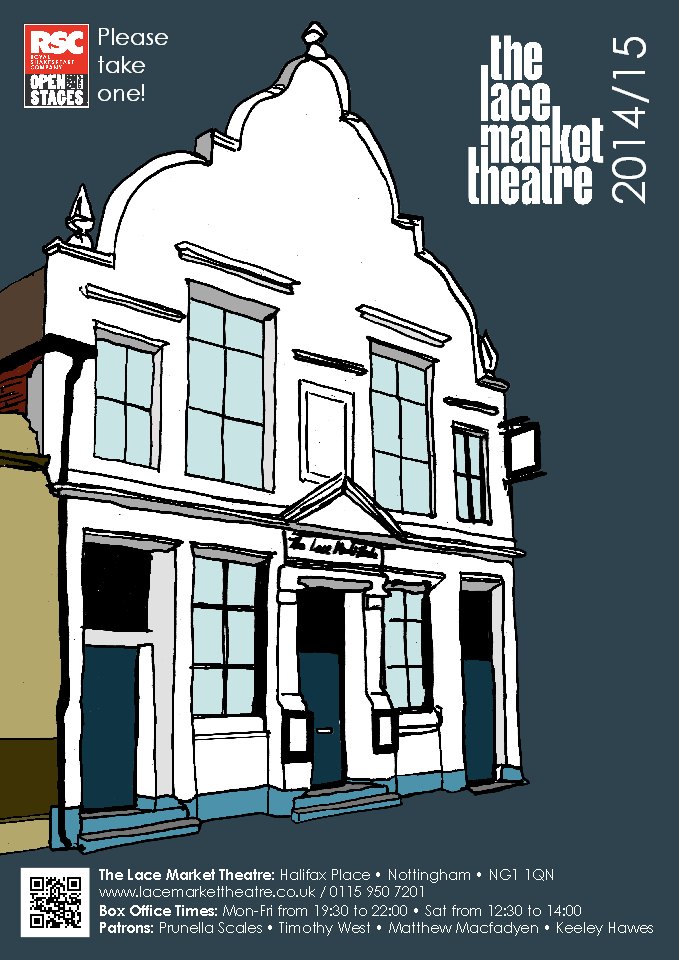
2014/15
01 Sep 2015 to 31 Jul 2016
View
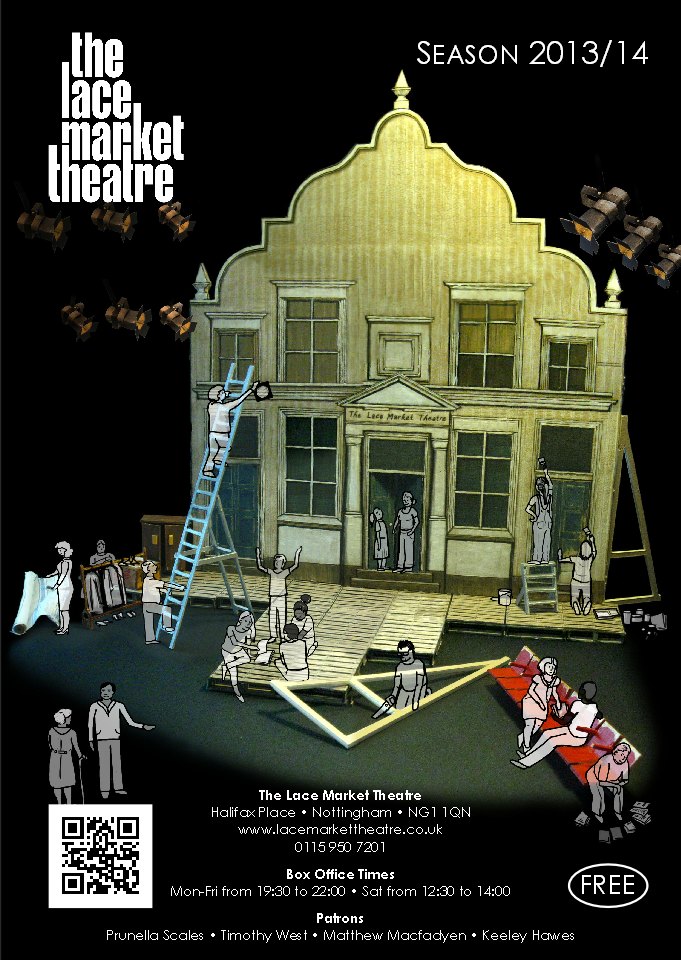
2013/14
01 Sep 2013 to 31 Jul 2014
View
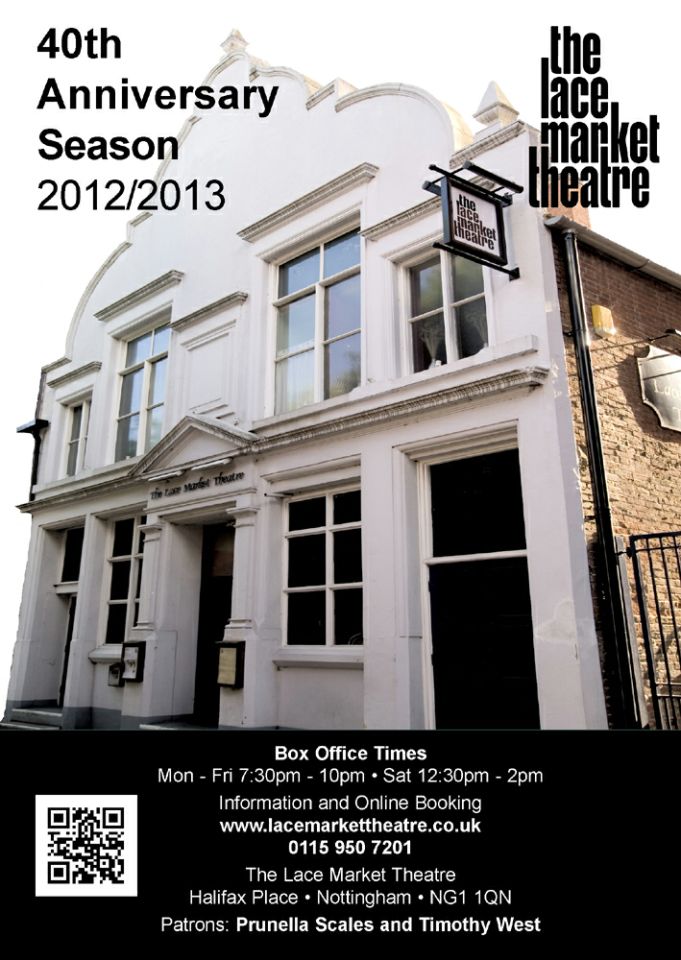
2012/13
01 Sep 2012 to 31 Jul 2013
View
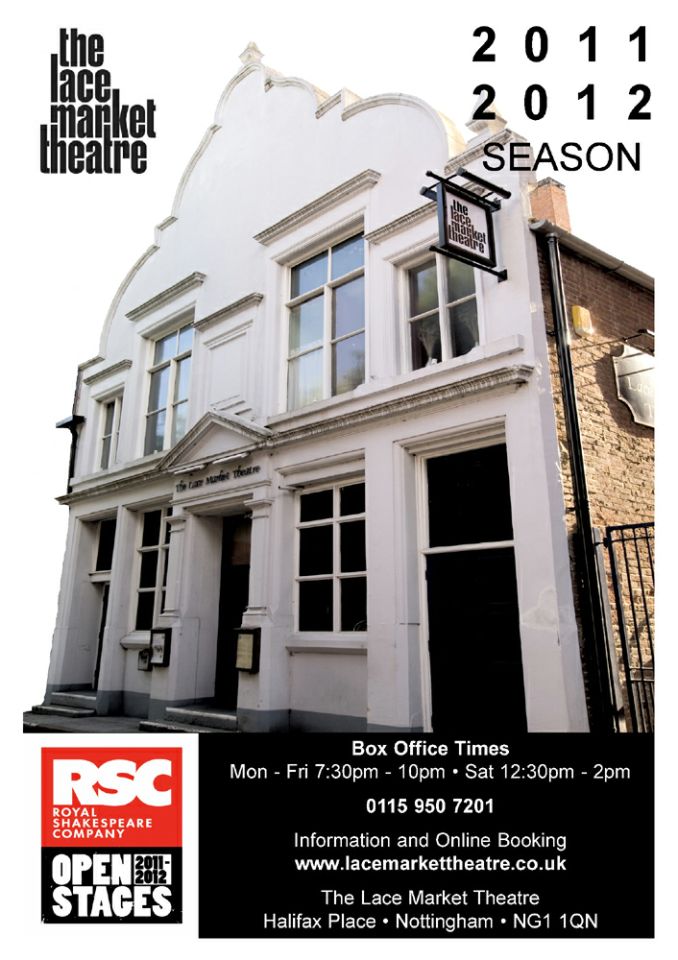
2011/12
01 Sep 2011 to 31 Jul 2012
View
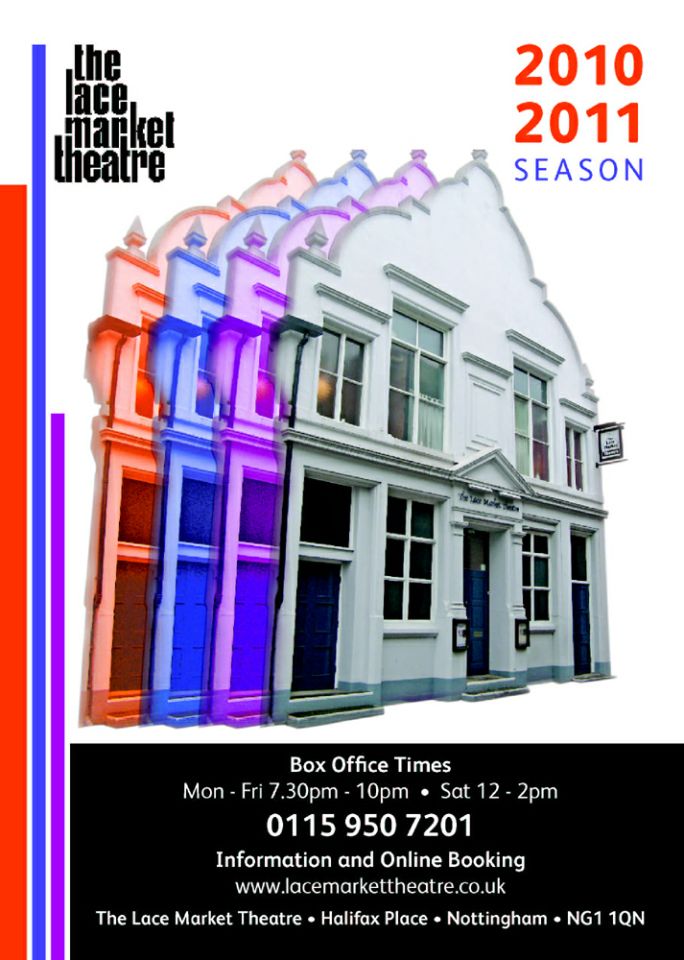
2010/11
01 Sep 2010 to 31 Jul 2011
View